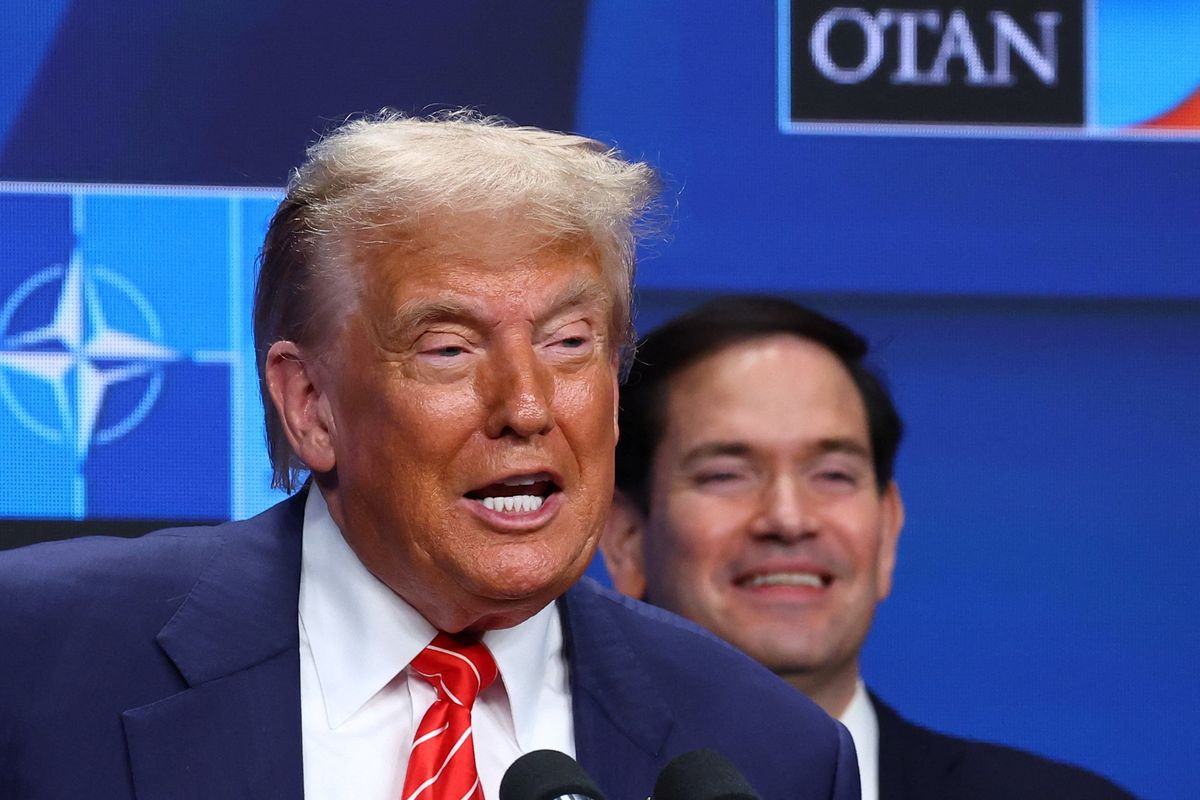
There has been a "sharp decline in transparency" in the Department of State under Donald Trump, according to a report.
Politico over the weekend dropped a report quoting State Department insiders about the state of the administrative department.
"President Donald Trump promised to reform American diplomacy. Insiders say he’s breaking it instead, to the point where he’s undermining his own global influence," according to Politico's reporting. "Eight months into Trump’s second term, more than half of U.S. ambassadorships, an unusually high amount, are vacant. Most top State Department roles are filled on an acting basis, often by people with little relevant experience. Many U.S. diplomats, especially those overseas, are largely cut out of policy talks while struggling to implement administration orders they say are confusing. Many also are too afraid to speak up because they could be fired or lose a promotion under new rules that measure their 'fidelity.' They’ve already seen thousands of their colleagues pushed out and many offices dismantled."
The report goes on to outline the "new concerns with this administration."
"Diplomats fear, for example, the impact outside players have on Rubio. Far-right influencer Laura Loomer appeared to have successfully pushed Rubio to suspend issuing visas for Palestinians from Gaza. She has demanded Rubio fire some diplomats who are Muslim," according to the report. "U.S. diplomats also say communication from department headquarters to posts abroad is far more limited than it should be, especially given the massive changes to U.S. policy on everything from tariffs to democracy promotion."
“There’s a sharp decline in transparency,” a second State Department official said, according to the Politico report.
The report continues:
"This means U.S. diplomats are often surprised by the administration’s decisions and told to implement policies despite having questions about details, logistics and legalities. It can paralyze work on administration priorities, they say, and make it harder for diplomats to confidently talk to their foreign counterparts about a decision’s implications — a key part of their job."




